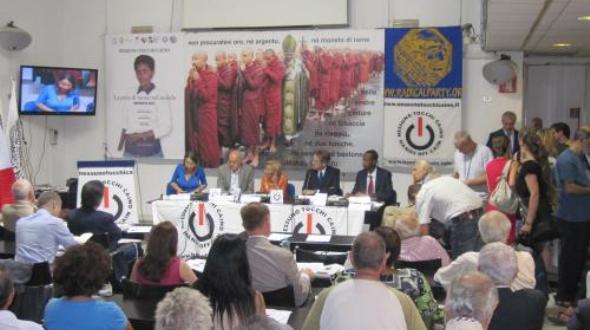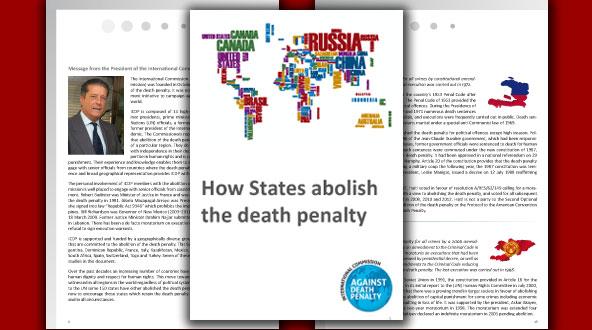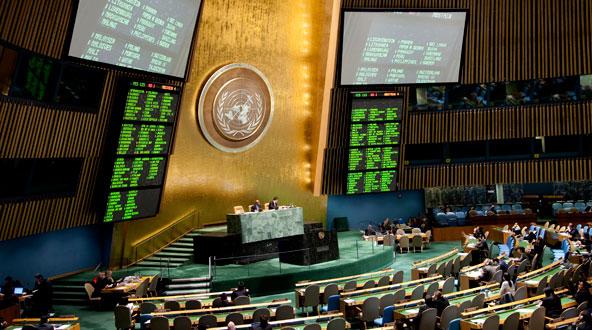
A Moratorium acts as a “truce” for the death penalty
Abolition
“Africa has the largest number of de facto abolitionist countries; some, such as Burundi and Rwanda have abolished the death penalty de jure. In general, there has been a growing trend toward legal abolition of executions and their general decrease in many countries, as well as a reduction of capital crimes or the commutation of death sentences”, wrote President of Sierra Leone Ernest Bai Koroma. “In Sierra Leone, there have been no executions carried out for nearly 14 years” and he added: “on the occasion of our 50th anniversary of independence in 2011, as President of Sierra Leone, I decided to commute all death sentences to life imprisonment and pardon five death row prisoners.”
In May 2011, Sierra Leone accepted the recommendations made by the UN Human Rights Council to abolish the death penalty, to accede to the Second Optional Protocol to the ICCPR and to establish a de jure moratorium on the application of the death penalty aimed at its definitive abolition. “These recommendations are now under consideration, subject to constitutional review” wrote President Koroma. “Sierra Leone now has a moratorium, which is like a “truce”; in war, a truce acts as a passage to peace, negotiations and preparations for the end of fighting; a moratorium acts as the “truce” for the death penalty, a time politically, procedurally, legislatively and civilly to discuss, reflect and prepare. South Africa, for example, abolished the death penalty after five years of moratorium”
“We will continue to work on this and to work with our brothers and sisters in Africa and throughout the world to heal our conflicts, embrace democracy and launch a message of nonviolence and tolerance.”
Worldwide trend towards the abolition of the death reaffirmed in 2011 and in the first six months of 2012
In 2011 and in the first six months of 2012, significant political and legislative steps towards abolition or at least positive signs, such as collective commutations of capital punishment, have been seen in numerous Countries.
In March 2011, the Maldives said is committed to maintaining a moratorium on executions with a view to formally abolishing the death penalty.
In September 2011, Suriname agreed on formalizing its longstanding non-use of capital punishment by abolishing all legal provisions for it.
In March 2011, Liberia insisted that it remained committed to honouring its international human rights obligations, including the abolition of the death penalty.
In March 2011, Mauritania has reiterated its commitment to a de facto abolition of the death penalty.
Nigeria continues to respect the “self-imposed moratorium” on executions in place since 2006.
In June 2012, the Government of Ghana accepted the recommendation of the Constitution Review Commission that the death penalty be completely abolished.
There were also a significant number of amnesties and commutations of death sentences in Ethiopia, Uganda, Morocco, Sierra Leone, Zambia and Myanmar.
As of April 2011, Guinea has gone more than ten years without practicing the death penalty, establishing itself as de facto abolitionist Country.
In January 2012, Latvia abolished the death penalty for all crimes.
In March 2012, Mongolia ratified the Second Optional Protocol to ICCPR).
In July 2012, Benin has also acceded to the Second Optional Protocol.
In the United States, the State of Connecticut abolished the death penalty in April 2012, and Illinois abolished it in March 2011. In Oregon, the Governor declared a moratorium on all executions in November 2011.






